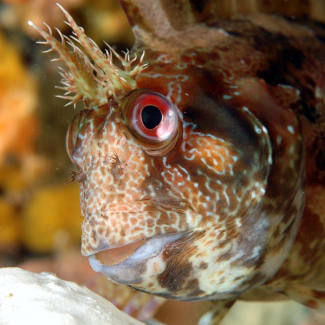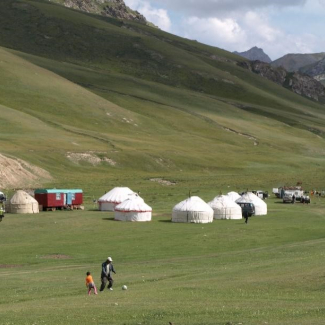
Ecology: the scientific literature dominated by men and a handful of countries
Publishing in peer-reviewed scientific journals is crucial for the development of a researcher’s career. The scientists that publish the most often in the most prestigious journals generally acquire greater renown, as well as higher responsibilities. However, a team involving two CNRS researchers1 has just shown that the vast majority of scientific articles in the fields of ecology and conservation biology are authored by men working in a few Western countries. They represent 90% of the 1,051 authors that have published the most frequently in the 13 major scientific journals in the field since 1945. Three quarters of these men are affiliated with institutions in just five countries (the United States, Canada, Australia, the United Kingdom, and Germany). However, there are signs of improvement, as women are increasingly among the authors that publish the most, representing 18% of the youngest authors, whereas they represent only 3% of the oldest ones. The geographic diversity of the countries in which authors work also increased markedly by 15% since 1980. Published in Conservation Letters on 2 March 2021, this study calls for combating the process of discrimination engendered by the publication system by proposing concrete measures to halt the overrepresentation of men and Western countries.
Women and Global South strikingly under-represented among top-publishing ecologists. Bea Maas, Robin J Pakeman, Laurent Godet, Linnea Smith, Vincent Devictor and Richard Primack. Conservation Letters, 2 March 2021.
Contact
Notes
- Laurent Godet from the Coastline, Environment, Geomatics, and Teledetection laboratory (CNRS/EPHE/Université de Bretagne occidentale/Université de Caen Normandie/Université d'Angers/Université de Nantes) and Vincent Devictor from the Institute of Evolution Sciences of Montpellier. (CNRS/IRD/EPHE/Université de Montpellier).

